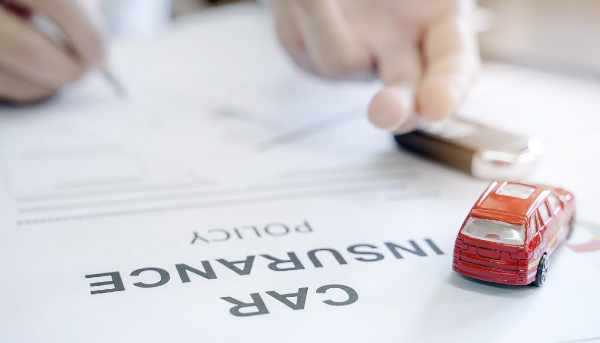Getting car insurance is mandatory in most states. Even though it`s expensive, it`s nothing compared to the cost of footing the bill for a road mishap. Since the first insurance policy issued in 1897, car insurance has barely changed in design. It`s there to protect the owner from financial liability if their car caused property damage, injury, or loss of life. However, let`s say you just caused an accident that resulted in damage. Worse, police found you driving under the influence (DUI) and threw you behind bars. Even if you did your time, the DMV wouldn`t simply allow you to get back on the road. The agency will require you to get appropriate coverage like SR22 Insurance, which is difficult with a criminal record to your name.

On top of the insurance, you`ll also need a document that proves that you`re sufficiently covered. For that, you need an SR22 (sometimes called SR-22, also called FR-44 in Virginia and Florida). People commonly call it SR22 insurance, but it`s a misnomer since it`s not a form of insurance but only proof of coverage presented to the state.
Depending on state laws, you may need to get SR22 before buying a new car and the insurance to go with it. Here are several reasons why:
1. Categorized as `High Risk`
The insurance agency is responsible for filing an SR22 along with issuing a new insurance policy. During the process, the agency may discover an owner`s not-so-stellar record of traffic violations resulting in damage or injury. This discovery is enough to categorize the owner as `high-risk` and will warrant an SR22.
A `high-risk` driver will have any or all the following violations on record:
- Driving under the influence
- Reckless driving
- At-fault accidents without coverage
- Driving with a suspended license
- Severe or repeat traffic offenses
- Failure to pay child support
Yes, you may be required to get an SR22 if you haven`t been paying court-ordered child support. That`s because it`s also proof that you`re fulfilling your financial obligations, which is why its alternative term is `certificate of financial responsibility.`
2. Don`t Own a Car (But Want to Drive)
With driving privileges suspended, it`s most likely that your car is no longer with you, as well. But if you still plan on getting your license reinstated, you can get a non-owner SR22 from providers such as this service. To get this document, however, you need to fulfill three conditions:
- You don`t own a car or can`t own a new one.
- You can`t have other vehicles registered in your household, even if they`re not yours.
- If driving with other cars on occasion, they can`t have an alcohol ignition interlock device.
If even one of these conditions isn`t fulfilled, you`re better off getting an owner SR22.
An SR22 typically lasts for three years, after which you`ll need to file for a new one to keep your driving privileges. The insurance agency is responsible for notifying the state if your SR22 is past the expiration date.
3. Hardship License
Many people depend on driving their car to get to work since, sometimes, taking the bus won`t work out for them. In light of this, some states can issue restricted driving or `hardship` licenses to grant them driving privileges in the meantime. The requirements for getting one vary by state, but most states will require SR22 for traffic offenders.
Keep in mind that driving on a hardship license is standing on thin ice. You can only use the license if you need to get to work and back, rush to the hospital for emergency care, or attend your regular alcohol or drug treatment. If you get pulled over for a traffic violation while driving on a hardship license, consider your privileges revoked–most states don`t offer second chances.
For suspensions caused by DUI, some states will require you to undergo a `hard suspension period` before getting your hardship license. Simply put, you can`t drive at all during this time–typically 30 days.
When Does It End?
The SR22 requirement ends with the lifting of the suspension of driving privileges. How long the suspension depends on the severity of the offense in question, with most states using a point system to determine it. When the end date comes, notify the DMV and your insurance agency that you`re no longer required to carry an SR22.
An SR22 can help keep your driving privileges after a mishap, but only good conduct can make it last for as long as necessary. Resist the urge of plowing down the freeway or trying new drift tricks while on probation. If all goes well, you can get back to driving as usual.

